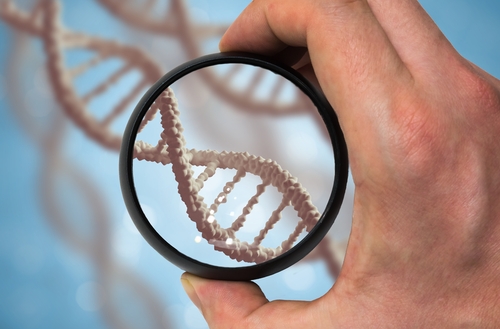Ashkenazi Jews with Crohn’s disease are more likely to have mutations on the LRRK2 gene — a known cause of inherited Parkinson’s disease — say researchers with the Icahn School of Medicine at New York’s Mount Sinai Hospital.
The study, “Functional variants in the LRRK2 gene confer shared effects on risk for Crohn’s disease and Parkinson’s disease,” appeared in the journal Science Translational Medicine,
This finding may help identify patients at risk, improve knowledge of Crohn’s disease, and promote the development of target therapies for this specific gene.
“Crohn’s disease is a complex disorder with multiple genes and environmental factors involved, which disproportionally affects individuals of Ashkenazi Jewish ancestry,” genetics professor Inga Peter, the study’s senior author, said in a Mount Sinai news release. “Identifying genetic mutations associated with disease risk is an effective way to better understand disease mechanisms, identify individuals at risk, and develop novel drug targets to treat the disease.”
The team analyzed DNA samples collected from 50 Ashkenazi Jews (or those of Eastern European descent) with Crohn’s disease. This analysis retrieved 4,277 new mutations, which the researchers studied further in 2,066 Crohn’s cases and 3,633 healthy volunteers. They identified two mutations in the LRRK2 gene — one that was more frequent in Crohn’s patients and another that was prevalent in healthy individuals.
Most Crohn’s patients who carried the risk mutation developed the disease, on average, six years earlier than those who did had the mutation. In addition, patients with the mutation developed more frequent inflammation in the small intestine, which can be much more difficult to manage and may lead to severe complications.
Because LRRK2 has been previously linked to Parkinson’s disease, researchers wondered if there was a genetic link between the two diseases. To find out, they analyzed the presence of LRRK2 genetic variants in 8,314 Ashkenazi Jews and 16,401 non-Jews (6,538 Crohn’s cases, 5,570 Parkinson’s cases and 12,607 healthy controls).
This final analysis confirmed that Crohn’s and Parkinson’s cases had similar LRRK2 mutation-driven effects, consequently changing the way the LRRK2 encoded protein functions. The disease-associated effects of the mutations were observed in both Ashkenazim and non-Jews.
“The presence of shared LRRK2 mutations in patients with Crohn’s disease and Parkinson’s disease provides refined insight into disease mechanisms and may have major implications for the treatment of these two seemingly unrelated diseases,” Peter said. “Our research may also help identify individuals who would benefit the most of LRRK2-directed therapies, thereby contributing to the field of personalized medicine.”

